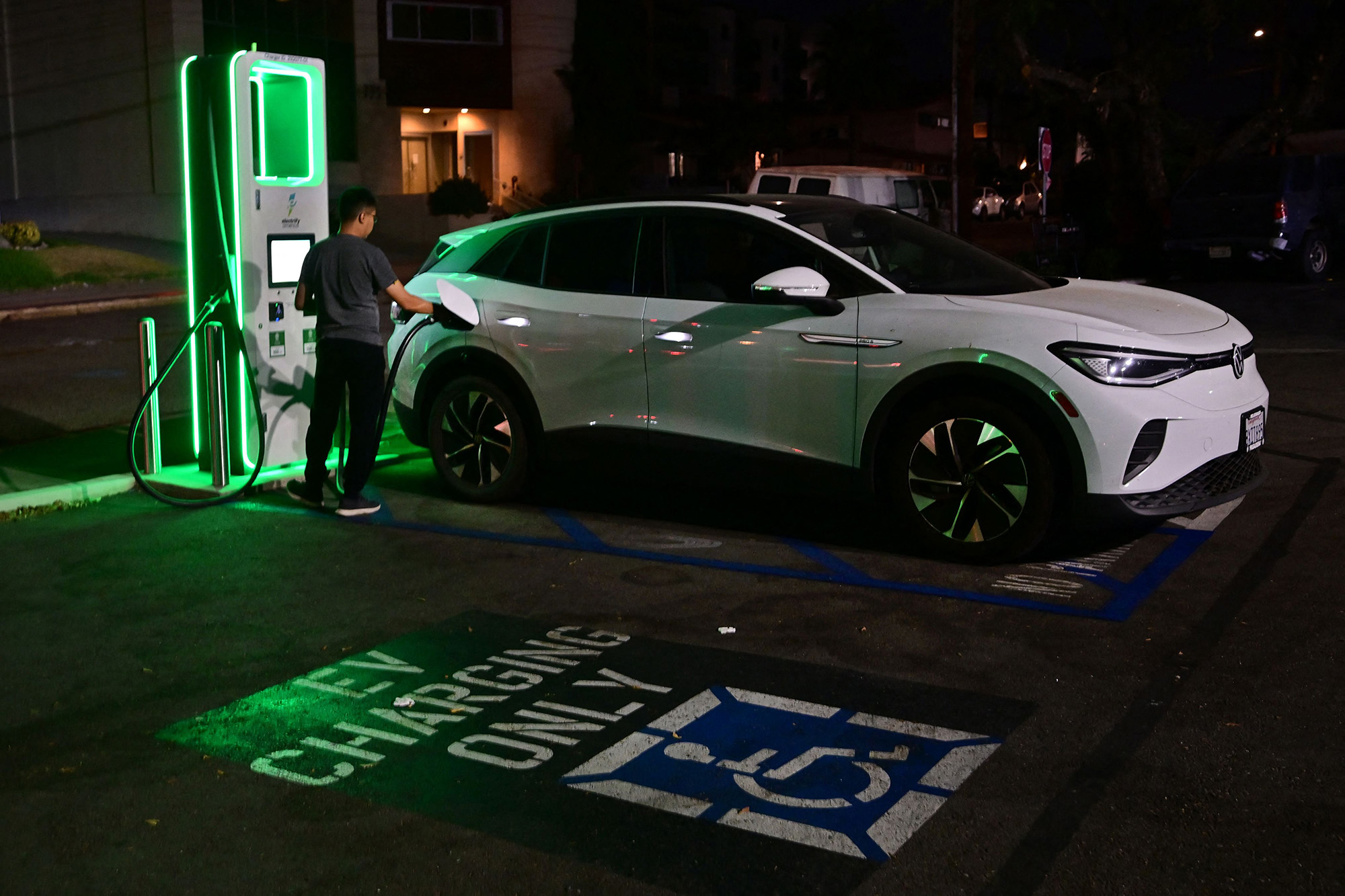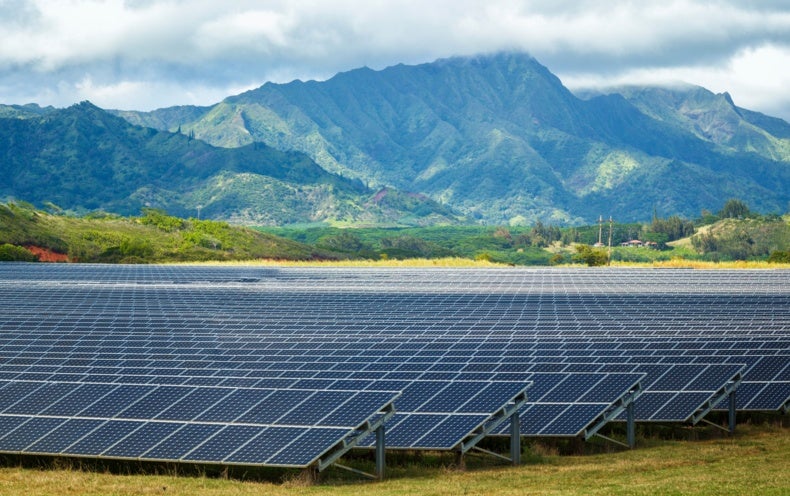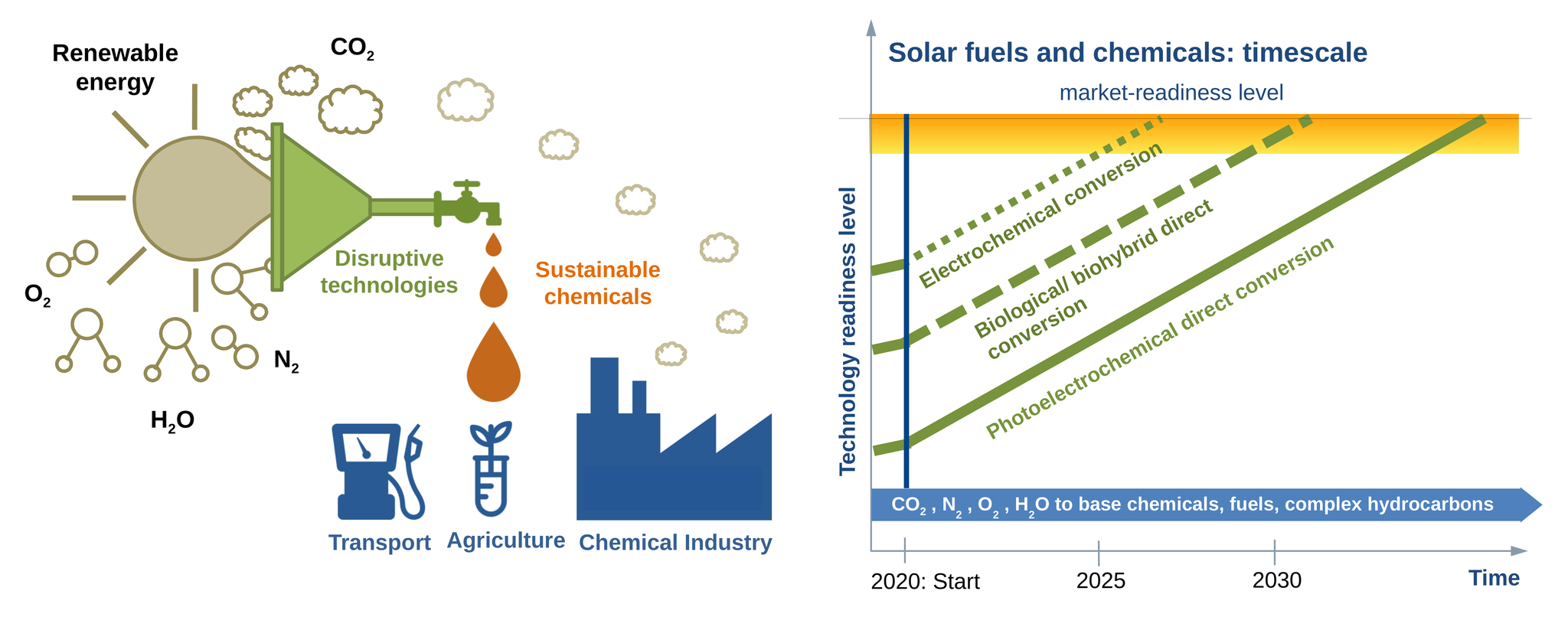
Solar panels are a great way to create energy and cut your electric bills, but they can also be expensive. You need to know the price of a solar system as well as your options regarding financing or leasing. Energy Sage's instant calculator helps you calculate upfront costs, and save money. Millions of Americans are interested to go solar. In fact, homes with solar installations often sell up to 20% faster and for 17% more than homes without them. That means if you ever plan to sell your home, you could recoup the investment easily.
Alternatives to paying upfront money for a solar system
You may be able to get a solar loan if your budget is not sufficient to cover the cost of all the panels. This option was uncommon until recently. Now, however, there are many solar-specific lenders that offer competitive rates with flexible terms. These loans allow for you to pay your loan in monthly installments, so you can still have your solar panels. Also, you will be able to enjoy the electricity savings and lower electric bills over time.
Another alternative to paying upfront for a solar panel system is a power purchase agreement. This type of agreement allows you to pay the panels over time with the price increasing as time passes. However, this type of agreement usually saves you less money than buying the panels outright, as you'll be extending the payment term. Plus, you'll receive a federal tax credit for the solar electricity you generate.

Solar panel systems cost
The cost of solar panels varies depending on many factors. First, size is important. Although larger solar panel systems can be more expensive than smaller ones, smaller systems will produce less electricity. This means that the average price per watt is lower. Cost can also be affected by the type and size of solar panels. However, some panels will be more expensive than others. This doesn't necessarily mean they will perform well.
Other costs you should factor in are local inspection fees, permit fees, and solar panel taxes. As more people are turning to solar power for their energy, the cost of this technology has fallen. The National Renewable Energy Laboratory reported that solar panels have fallen in cost between 13% to 18% annually since 2010. A local solar professional can provide more precise information on the cost of installing a solar panel system.
Get incentives to go solar
Incentives for going solar are a way to help homeowners reduce the cost of installing a solar panel system. There are many incentives offered by states. Massachusetts residents may be eligible for a 15% tax credit that can be used up to $1000. The federal government also offers tax credits for solar installations. The federal tax credit can amount to 30% of the costs of a solar system installation.
New York's state government offers a block grant program to homeowners who go solar. These grants are worth as much as $8,750 for a typical residential property and have a cap that is based on the area's solar capacity. In addition, taxpayers are allowed to carry over credits to the next cycle.

Leasing solar panels comes at a cost
Leasing solar panels is an option if you are considering installing them in your home, but don't have the capital to do so. Maintenance services are often included in solar leases. These services can be helpful to you maintain your solar panel system and avoid costly repairs. Many leases provide the option to purchase panels at any time after the lease term is over.
Solar leases have their disadvantages. You will pay a monthly fee that is not low, and it will increase over the lifetime of the system. This can reduce the savings you are expecting. You will also not be eligible to receive the federal solar tax credit or the local incentive programs. The lease won't increase value of your home and breaking it could be costly.